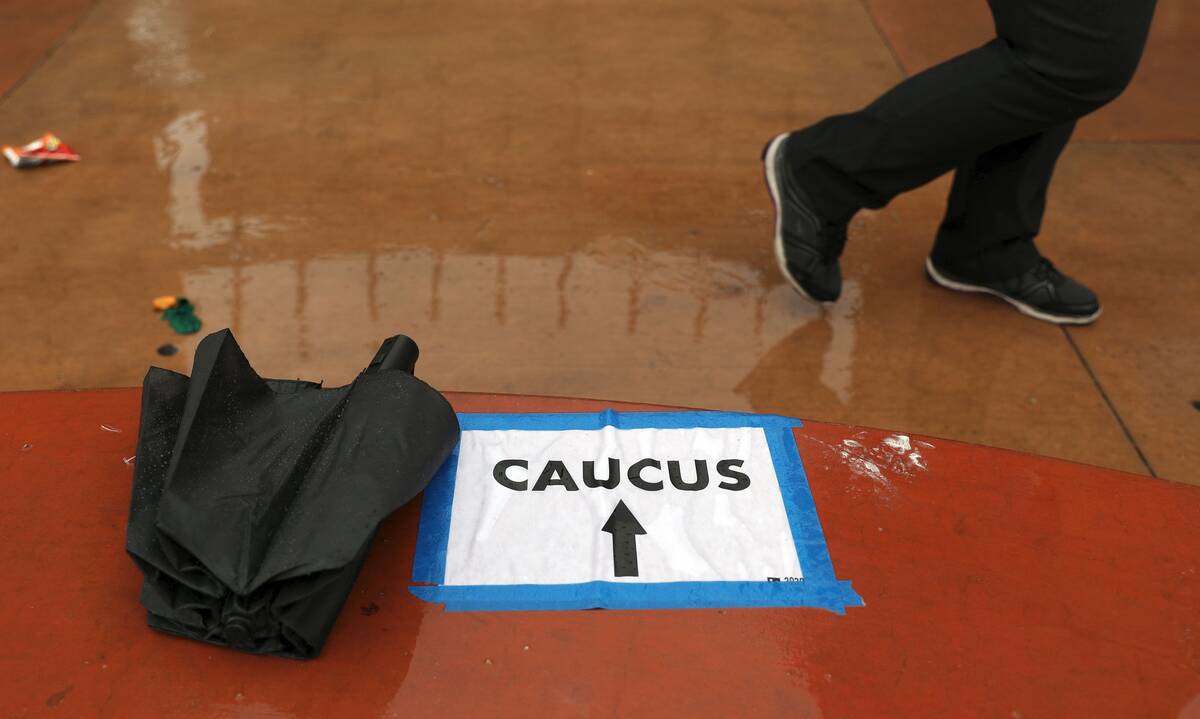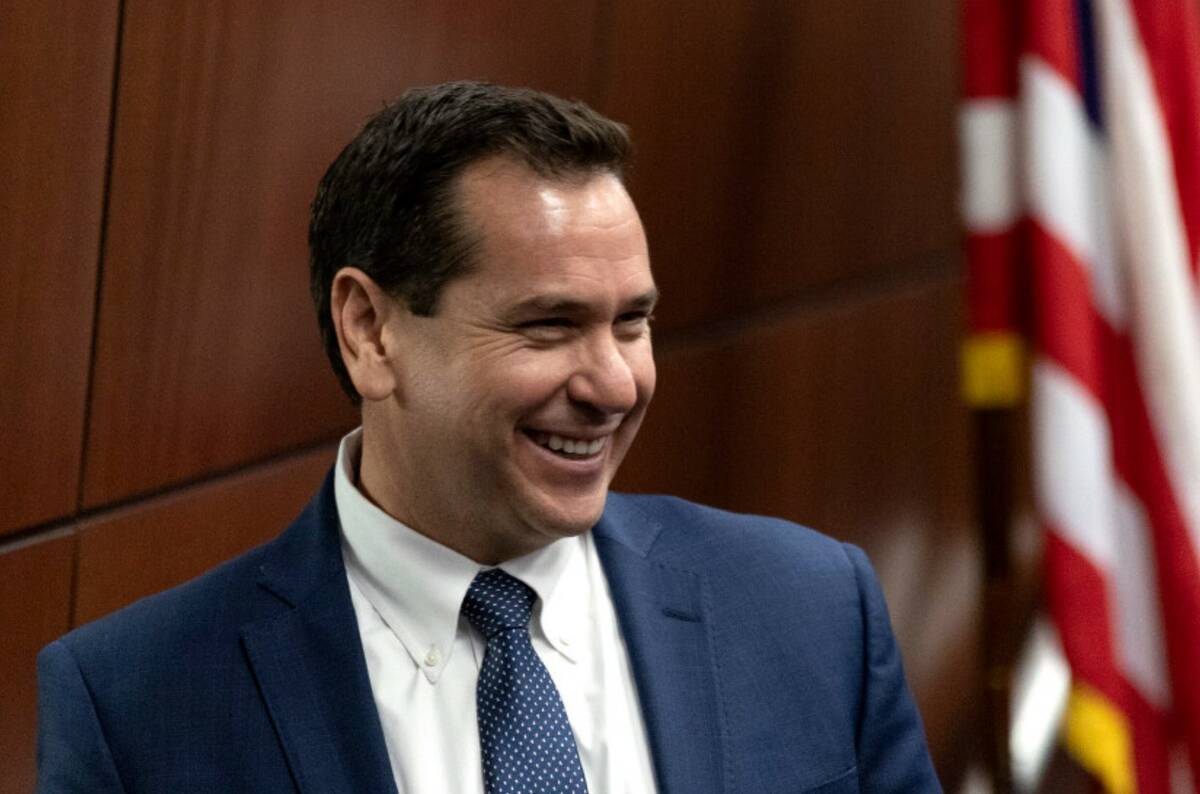Caucus vs. primary: Nevada’s GOP presidential primary to be confusing
A district judge on Monday denied the Nevada Republican Party’s motion to block the state’s presidential preference primary scheduled for Feb. 6 so that it could hold a caucus.
Despite a state-run election taking place for both parties to choose which presidential candidate they would like to see head to the general election in November 2024, the Nevada GOP plans to hold a caucus anyway.
The two elections — a party-organized caucus and the state-run primary — scheduled to take place have prompted concerns that Republican voters will be confused when it comes time to choose their favorite GOP candidates.
In May, the Nevada Republican Party filed a lawsuit against the state and Secretary of State Cisco Aguilar, arguing that a 2021 law that requires the state to hold a presidential preference primary for both major political parties on the first Tuesday in February every four years will force the state GOP to abandon its party-run caucus system, which it has used for about 40 years.
The attorney general’s office, which represents Nevada and the secretary of state, said the law does not bind either political party to the results of the presidential preference primary.
In its opposition to the Nevada GOP, the attorney general’s office wrote that the presidential preference primary election process is “nonbinding” and does not impact the Nevada Republican Party’s ability to select its presidential nominees.
“The NV GOP is free to select its own method for determining its candidate of choice,” the attorney general’s office wrote, and “major political party candidates for President of the United States are free to decide whether to participate in a (presidential preference primary) election, and voters are free to choose not to participate in a PPP election.”
With regard to the lawsuit, the Nevada Republican Party is exploring where to go next, its attorney Sigal Chattah said in an interview. But the party will still hold a caucus, she said.
An official date has not yet been determined, but it is tentatively earmarked for Feb. 6, according to Nevada Republican Party Chairman Michael McDonald.
The Nevada Republican Party has until Oct. 1 to submit its plan to the Republican National Committee for how it plans to run its election and allocate delegates, according to the Rules of the Republican Party.
The state Republican Party will recognize the results that come out of its caucus as official, so any results the secretary of state certifies for the Feb. 6 primary will not determine who Nevada’s Republican nominee for president is, McDonald said.
“This will cause nothing but confusion,” McDonald said, adding that it will also cost “taxpayers’ money for no reason.”
What is a caucus
Caucuses are meetings where local members of a political party nominate their preferred presidential candidates and are privately funded by the parties, rather than a state-funded primary where a candidate files a declaration of candidacy.
“It more belongs to the people,” Chattah said. “It’s truly the will of the people.”
The removal of caucuses was a goal of the late Democratic Sen. Harry Reid, who had said caucuses were “unfair” and believed a presidential primary would allow more voters to participate.
The attorney general’s office agreed, arguing that not having a presidential preference primary will cause the public harm, as the election “gives members of the public a greater opportunity to make their voices heard through an inclusive, safe, and secure process.”
Contact Jessica Hill at jehill@reviewjournal.com. Follow @jess_hillyeah on Twitter.























